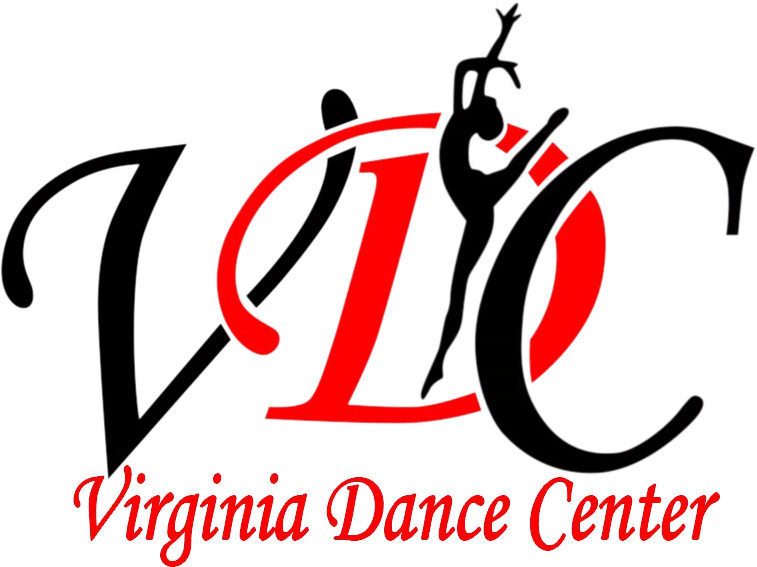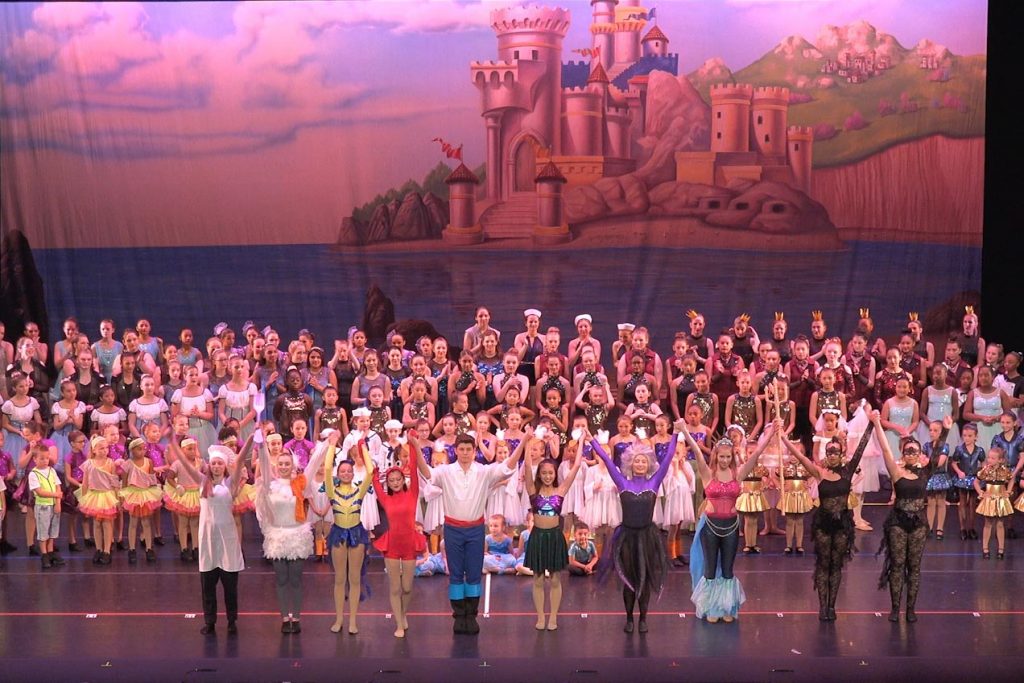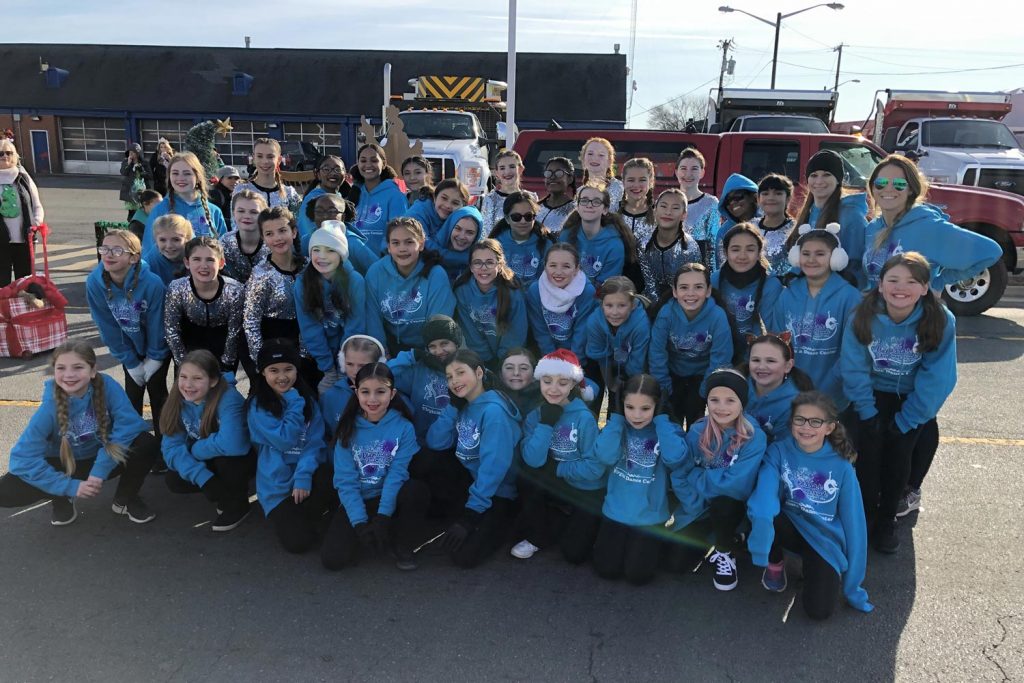If most dance studios seem to have qualified, friendly teachers, experience teaching children, and a performance at the end of the year, aren’t they pretty much all the same? Does it really matter which dance studio you choose for your child? Absolutely! There are 5 important things that can make a big difference in the quality of instruction your child receives and the overall enjoyment and satisfaction of being involved with a dance program. Here are the 5 things every parent should consider before deciding on a dance studio for their child.
- What is the size of the class?
Smaller class sizes allow students to get more individualized instruction from teachers, learn more, and have more fun. With younger students, smaller class sizes make it is easier for a teacher to maintain control over the class and make sure each student understands the concepts and instructions. Smaller class sizes also allow teachers to ensure that students are not developing bad dance habits or improper technique.
- Are parents allowed to watch the classes?
Most dance studios either do not allow parents to watch classes or only allow them to watch once or twice a year. However, as with any learning experience, positive reinforcement and support from family members helps students to grow in knowledge and self-esteem. Parental support and education is also vital to a child’s progress in dance so parent observation of class is important. Knowing how your child behaves in class and what he or she is learning helps you to encourage appropriate behavior and continued learning. Also, dance is a performing art and students who are introduced to being observed during their classes on a regular basis are more comfortable when performing in front of an audience. Virginia Dance Center offers observation windows into both of our dance studios so that parents, visitors, and guests may observe classes at any time.
- Can I get customer service and assistance?
In many dance studios the teacher or studio owner conducts classes and does the administrative work. By trying to do two jobs at once, the class may suffer as the teacher has to use class time for customer service issues or the dance studio may have no customer service available if the teacher is in a class. To
have a good experience, it is important to choose a dance studio that can assist you with questions and details like costumes and schedules, even if the teacher is occupied in a class. Virginia Dance Center has administrative staff on hand during class times, so you can get immediate assistance with your questions.
- What type of dance floor is used?
Dance is a very physical activity that requires a lot of jumping which can put stress on bones and joints. The best way to prevent against potential injury is by choosing a studio with a professional “floating floor”. A floating floor is a dance floor that rests on a system of high-density foam to absorb the shock of jumping. The top layer of the dance floor is also an important factor. A vinyl composite “Marley” floor is accepted worldwide as the best surface layer for recreational to professional use. Facilities such as the Royal Winnipeg Ballet, the Royal Academy of Dance and the Riverdance Touring Show, all use Marley floors as their dance floor surface. A Marley floor has a certain amount of “controlled slip” to allow for sliding in dance movement but it is not slippery so there is less risk of slips and falls.
Both of Virginia Dance Center’s dance studios are equipped with floating dance floors resting on hundreds of high-density foam blocks with a Marley top surface. VDC’s special floors help reduce the risk of injuries and allow students to dance longer without getting tired.
- How do I know how my child progressed over the course of the year and what class he/she should enroll in the following dance year?
Individual student evaluations are an important component in a child’s dance education. Just as receiving a report card from school assists parents in understanding their child’s progress in school, an evaluation from their dance teacher assists parents in understanding their child’s progress in dance.
Parents are encouraged to check their child’s progress with the teacher throughout the course of the year, but receiving written evaluations at the end of the dance year provides the parent and student with feedback regarding the student’s strengths and weaknesses in dance so there is an understanding of what the student needs to focus on in future classes, as well as the areas in which the child excels. This feedback provides valuable information so the parent and student understand the class placement recommendation for the upcoming dance year.



